 Green tea extracts are known to provide a host of health benefits, including protection against cardiovascular disease, by helping to reduce the oxidation of low-density-lipoprotein cholesterol, known as the “bad cholesterol” because of its link to heart disease. Other studies show that green tea may help prevent various types of cancer, again through its potent antioxidant effect.
Green tea extracts are known to provide a host of health benefits, including protection against cardiovascular disease, by helping to reduce the oxidation of low-density-lipoprotein cholesterol, known as the “bad cholesterol” because of its link to heart disease. Other studies show that green tea may help prevent various types of cancer, again through its potent antioxidant effect.
Green tea helps with fat loss because it inhibits an enzyme needed to break down dietary fat. It also blocks another enzyme that degrades norepinephrine, a hormone that stimulates a fat-cell enzyme called hormone-sensitive lipase to release fat from fat cells. Most of the so-called fat-loss supplements on the market today work by promoting the release of norepinephrine. Caffeine, which does that, is a common ingredient in such supplements. Green tea helps extend the activity of norepinephrine, providing an independent thermogenic effect that helps to speed the loss of excess bodyfat.
The key elements found in green and other types of tea are various catechin, or polyphenol, compounds, the most potent of which is epigallocatechin gallate, or EGCG. A recent study showed that older people who drink about four cups of green tea daily are less frail than seniors who don’t drink tea.
As noted, green tea is a popular ingredient in various fat-loss supplements and is also sold alone as a concentrated extract. Green tea extract supplements can provide as much active ingredients as about four cups of green tea just from one capsule.
So green tea can modify the effects of hormones like norepinephrine, but what does it do to other hormones? A study published a few years ago showed that it may be able to block the activity of aromatase, the enzyme that converts androgens, such as testosterone, into estrogen. The effect was mild, however, and not comparable to those produced by drugs used for the same purpose.
Other studies showed that green tea may inhibit another enzyme, 5-alpha reductase, which converts testosterone into dihydrotestosterone. DHT, as it’s known, has earned a reputation of being evil because it’s linked to male-pattern baldness, acne and prostate enlargement and prostate cancer. Some bodybuilders and athletes who are on high-dose anabolic steroid regimens use drugs such as finesteride to block 5-alpha reductase activity and prevent the side effects described above. Luckily, while DHT interacts with far greater affinity than testosterone at the androgen cell receptor, it is not the primary androgen in muscle—testosterone is.
Another study published a few years ago suggested that green tea could lower testosterone by interfering with a pathway involved in testosterone synthesis. The problem: It was an in vitro, or isolated-cell, study and involved exposing animal cells to amounts of green tea far greater than someone could ever drink. As such, the study was of questionable validity.
A recent study, also in vitro, found the opposite effect: In this case green tea boosted testosterone1. Not only that, but it did so in a way that would affect the usual lab test for detecting testosterone use in athletes.
In order to understand how this is possible, some background information is necessary. The usual test for illicit testosterone use involves comparing the ratio of testosterone to epitestosterone. In the past it was decreed that a ratio of 6-1, testosterone-to-epitestosterone, pointed to the use of supplemental testosterone, but more recent tests use a 4-to-1 ratio. So, if your testosterone is greater than four times the epitestosterone, that’s a positive result for testosterone use. Since the test involves urine samples, it actually analyzes a breakdown product of testosterone.
When T is metabolized in the liver, the liver attaches it to two substances that convert the normally fat-soluble testosterone into a water-soluble version that can be more easily excreted. The water-soluble version is mainly testosterone glucuronide, and the drug test involves separating the testosterone from the glucuronide to determine the actual amount of testosterone in the urine sample.
The main enzyme involved in that is UGT2B17, or, simply, UGT (although there are other UGT enzymes involved in testosterone breakdown in the liver, it is by far the most active). Regular readers of this column may recall a study that was published a while back implicating a genetic lack of UGT in cases involving kidney damage in high-dose-steroid users. The enzyme is also commonly lacking in men of Asian decent, which means that they can use testosterone shortly before an event yet test negative for it.
How does all that relate to tea? It turns out that the recent study examined the effects of both green and white tea on testosterone metabolism and showed that both blocked the effect of UGT. That, in turn, would increase testosterone in its free, or active, form in the blood as well as obscuring the results of a drug test for testosterone.
A previous study showed that using common pain-killing drugs known as nonsteroidal anti-inflammatories also inhibited UGT. Although one of them, ibuprofen, is often used by athletes to treat muscle and joint pain, there is as yet no indication that it has ever affected any athletic test for testosterone use.
The UGT enzyme that adds the glucuronide to testosterone also does that to other anabolic steroids and drugs. Again, it is a way for the body to rapidly and safely excrete the drugs through the kidneys by making them water-soluble. UGT does not do that to glucuronidate epitestosterone, so the usual drug test for testosterone could definitely be affected.
In the new study, green and white tea definitely inhibited UGT—by 18 percent and 30 percent, respectively. The green tea was provided as a liquid, while the white tea was a concentrated powder extract, which explains the difference in potency. When the individual polyphenol compounds in the tea were tested, however, the potency rose considerably—epicatechin showed an 85.91 percent inhibition of UGT, while EGCG showed a 79.52 percent inhibition. It should be noted, however, that tea polyphenols are rarely absorbed orally in such great amounts; instead only a small percentage is actually absorbed. If tea polyphenols were completely absorbed, all “testosterone-boosters” would be full of them. Still, there is enough in tea to affect the functioning of UGT and, consequently, the results of a testosterone drug test.
The study found that tea’s effect on UGT was greatest at lower concentrations of testosterone, meaning that it likely wouldn’t affect athletes who are using massive doses of anabolic steroids. Those taking smaller doses of testosterone might be affected if they drank green tea or used green tea extracts. Using lower doses of testosterone in an attempt to circumvent drug testing is common in some sports, such as cycling.
Although green tea may boost bioactive, or free, plasma testosterone, you would not want to load up on excessive amounts of it. Some studies show that taking larger doses of green tea supplements may hurt liver function in some people. In addition, larger doses may have a paradoxical effect by reducing, rather than, boosting testosterone.
Editor’s note: Jerry Brainum has been an exercise and nutrition researcher and journalist for more than 25 years. He’s worked with pro bodybuilders as well as many Olympic and professional athletes. To get his new e-book, Natural Anabolics—Nutrients, Compounds and Supplements That Can Accelerate Muscle Growth Without Drugs, visit www.JerryBrainum.com. IM
1Jenkinson, C., et al. (2012). Dietary green and white teas suppress UDP-glucuronsyltransferase UGT2B17 mediated testosterone glucuronidation. Steroids. 77(6);691-695.











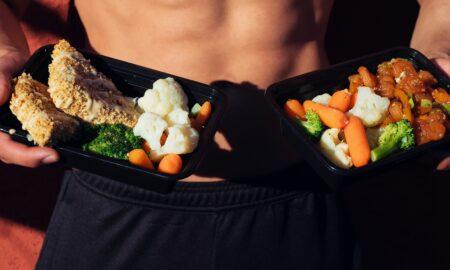

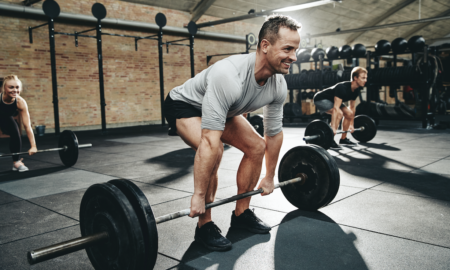


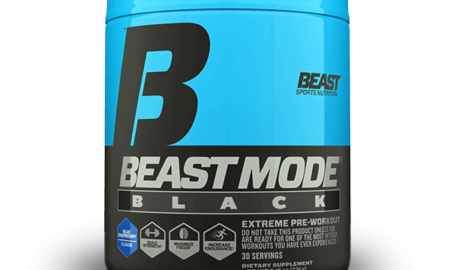
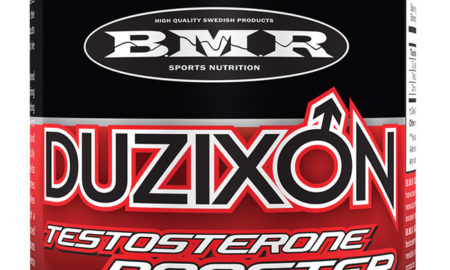
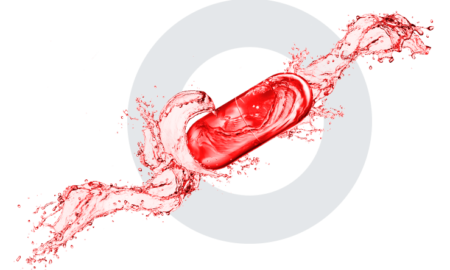
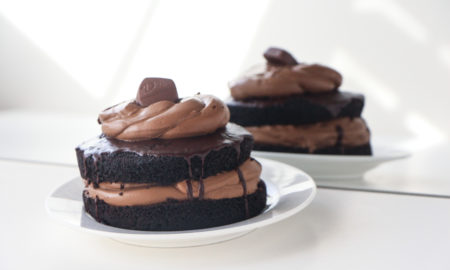
You must be logged in to post a comment Login